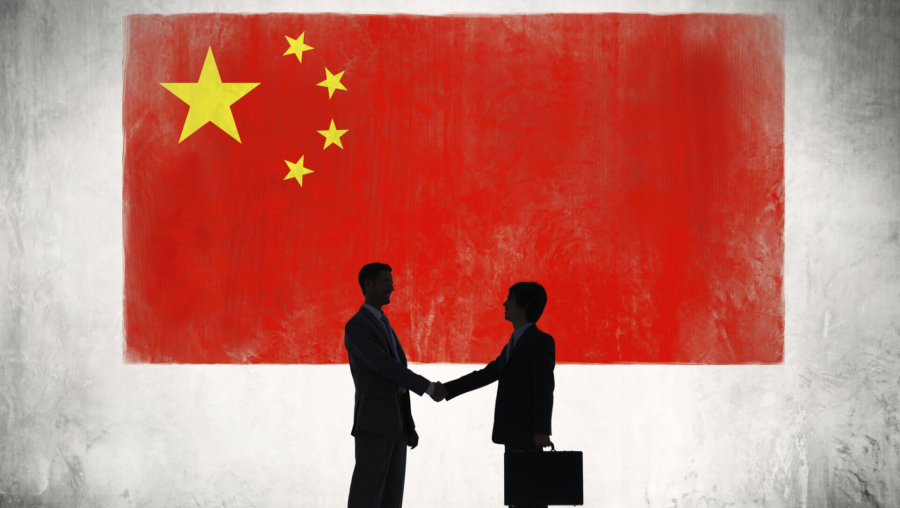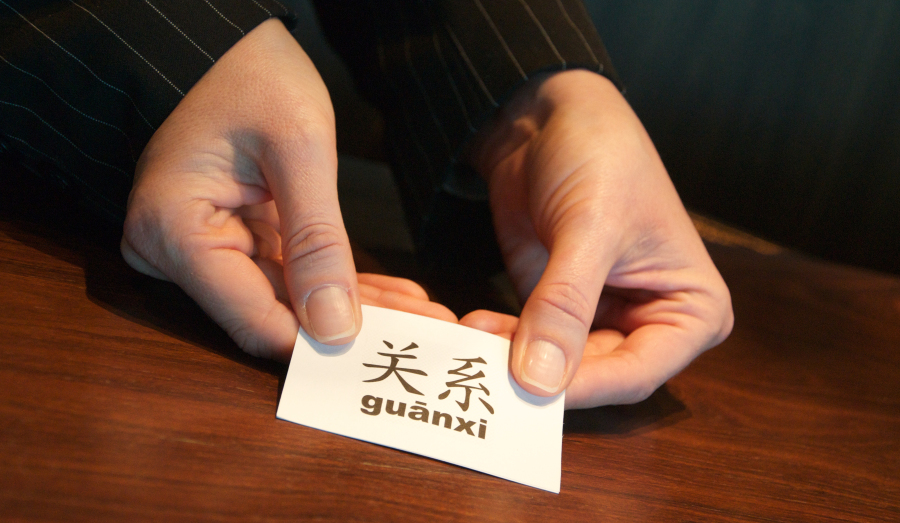When in Rome, do as the Romans do
(Part I)
By Nadia N.
 In China, some behavioural patterns considered to be "common decency" in Western countries may be less commonly accepted. Surfing through reviews of Chinese cities and tourist attractions, comments regarding cultural differences are way more popular than actual useful information for newcomers and visitors. It is not a secret - growing number of expats in China has caused a more than desired number of social and cultural misunderstandings in international society. But, fortunately, both locals and foreign guests can most of the time distance themselves from somewhat alien culture in such big cities as Beijing, Tianjin, Shanghai and other cosmopolitan cities. But when it comes to business, the picture starts to change significantly. Close contact and deep understanding of one another's culture becomes crucial. And, while Chinese people have already gotten a more or less clear image of Western business customs, foreign colleagues are still trying to solve this mystery that is Chinese business etiquette. Adjusting yourself to a new method of establishing contact, negotiations, signing contracts and maintaining relationships is vital if one decides to open up new opportunities in China.
In China, some behavioural patterns considered to be "common decency" in Western countries may be less commonly accepted. Surfing through reviews of Chinese cities and tourist attractions, comments regarding cultural differences are way more popular than actual useful information for newcomers and visitors. It is not a secret - growing number of expats in China has caused a more than desired number of social and cultural misunderstandings in international society. But, fortunately, both locals and foreign guests can most of the time distance themselves from somewhat alien culture in such big cities as Beijing, Tianjin, Shanghai and other cosmopolitan cities. But when it comes to business, the picture starts to change significantly. Close contact and deep understanding of one another's culture becomes crucial. And, while Chinese people have already gotten a more or less clear image of Western business customs, foreign colleagues are still trying to solve this mystery that is Chinese business etiquette. Adjusting yourself to a new method of establishing contact, negotiations, signing contracts and maintaining relationships is vital if one decides to open up new opportunities in China.
Social before business
 It is important to understand that your investor, boss or future partner is, above all, a person who has interests, hobbies, political views and so on - and, you'd better share it with him! Chinese business is hardly a based on money relationships, but most importantly, connections that have been established to last for years. That's why finding an investor or partner is an actual challenge - business connection are often made based on a strong recommendation from the "inner circle". Consequently, maintaining good relationships with many Chinese people is a key - you never know, where beneficial work proposals can come from.
It is important to understand that your investor, boss or future partner is, above all, a person who has interests, hobbies, political views and so on - and, you'd better share it with him! Chinese business is hardly a based on money relationships, but most importantly, connections that have been established to last for years. That's why finding an investor or partner is an actual challenge - business connection are often made based on a strong recommendation from the "inner circle". Consequently, maintaining good relationships with many Chinese people is a key - you never know, where beneficial work proposals can come from.
Seniority
No, there are definitely no castes in China, but status is something Chinese people don't joke with. That's why addressing people by their correct position ( "Manager X.", "Chairman X.", etc.) is more appropriate than standard Mr or Mrs. It goes together with entering any room in hierarchical order - the person entering the room first is automatically considered to be a leader of the business group. Hierarchy is something that needs to be followed when giving business cards as well - holding it with both hands (face of the card directed to the receiver) and you should respectfully give it to the most senior person first and then move down the line. By understanding this simple rule of seniority, you can spare yourself many embarrassing moments and, as a result, minimise the risk of being taken as "another impolite foreigner".
MianZi or The Face
Face, or simple honour or reputation, is a very sensitive subject, therefore do not provoke anybody's loss of face! Instead, you need to treat your business associates with due respect and politeness. One of the brightest examples of differences between Western and Chinese etiquette are presents: buying the same presents for everyone, regardless of position, is very rude. So, you ought to get better and more expensive gifts for senior people and less valuable ones for junior employees. Also, greetings are often based on hierarchy too, so in order to avoid any uncomfortable situations, wait for Chinese partners to perform the gesture - handshake, invitation to sit down - instead of taking initiative.
Art of conversation
 With a straight approach and "value for time" while taking decisions, overseas businessman forget being patient and giving another party time to consider is required. Discussion about contracts, business affairs and deals are not desired while having meals, going to KTV or spending time at the bar, though you can bring it up in the end of the dinner or a casual meeting. A brief mention of your intentions and plans is enough for insightful Chinese business men to understand the importance of the issue. Though, even while casual discussion on common topics, like travelling, entertainment, art and geography, there are some pitfalls. Firstly, it will be greatly appreciated if you can use at least 1-2 words in Chinese - respect for the culture and the effort you've made will be admired. Secondly, avoid touching sensitive subjects like Taiwan or Hong Kong independence, praising Japanese, mentioning your excitement over Beijing (if in Tianjin), criticising Mao Tse Dong and Deng Xiao Ping and, overall, talking about politics in general is truly risky. Of course, you will not face opposition or aggression - Chinese don't show emotions openly - but any good impression you've made so far will disappear.
With a straight approach and "value for time" while taking decisions, overseas businessman forget being patient and giving another party time to consider is required. Discussion about contracts, business affairs and deals are not desired while having meals, going to KTV or spending time at the bar, though you can bring it up in the end of the dinner or a casual meeting. A brief mention of your intentions and plans is enough for insightful Chinese business men to understand the importance of the issue. Though, even while casual discussion on common topics, like travelling, entertainment, art and geography, there are some pitfalls. Firstly, it will be greatly appreciated if you can use at least 1-2 words in Chinese - respect for the culture and the effort you've made will be admired. Secondly, avoid touching sensitive subjects like Taiwan or Hong Kong independence, praising Japanese, mentioning your excitement over Beijing (if in Tianjin), criticising Mao Tse Dong and Deng Xiao Ping and, overall, talking about politics in general is truly risky. Of course, you will not face opposition or aggression - Chinese don't show emotions openly - but any good impression you've made so far will disappear.
Business and working etiquette can be quite confusing for people used to communicate with co-workers and partners in a Western way. But, on the other hand if you determined to start conquering China business-wise, you certainly need to find a room for alternative method of establishing profitable connections.
---END---